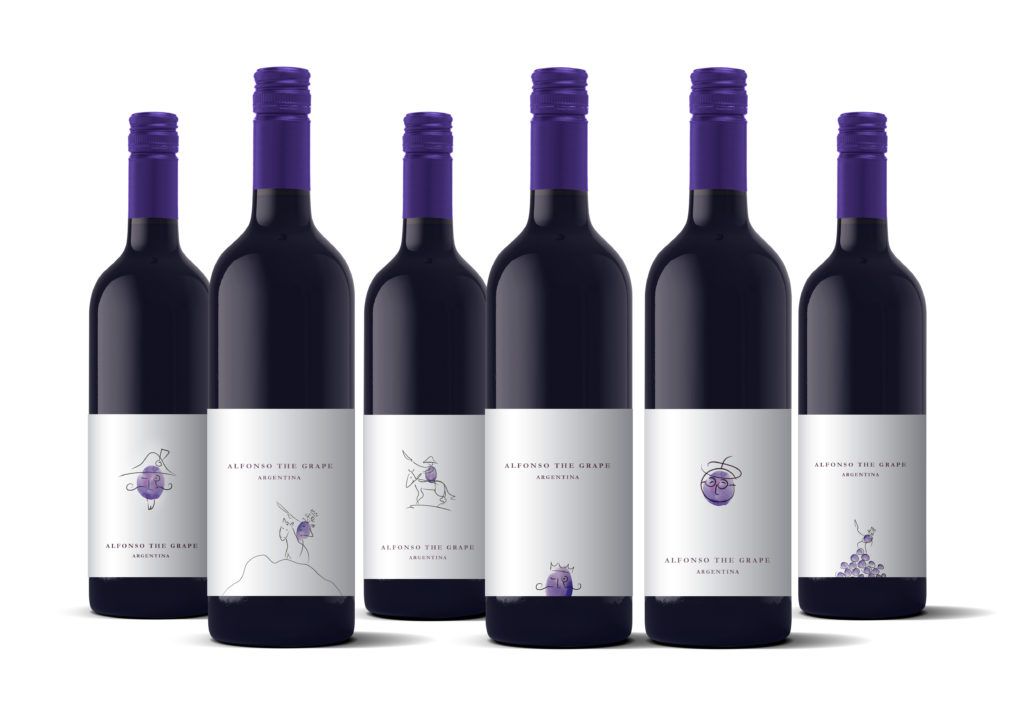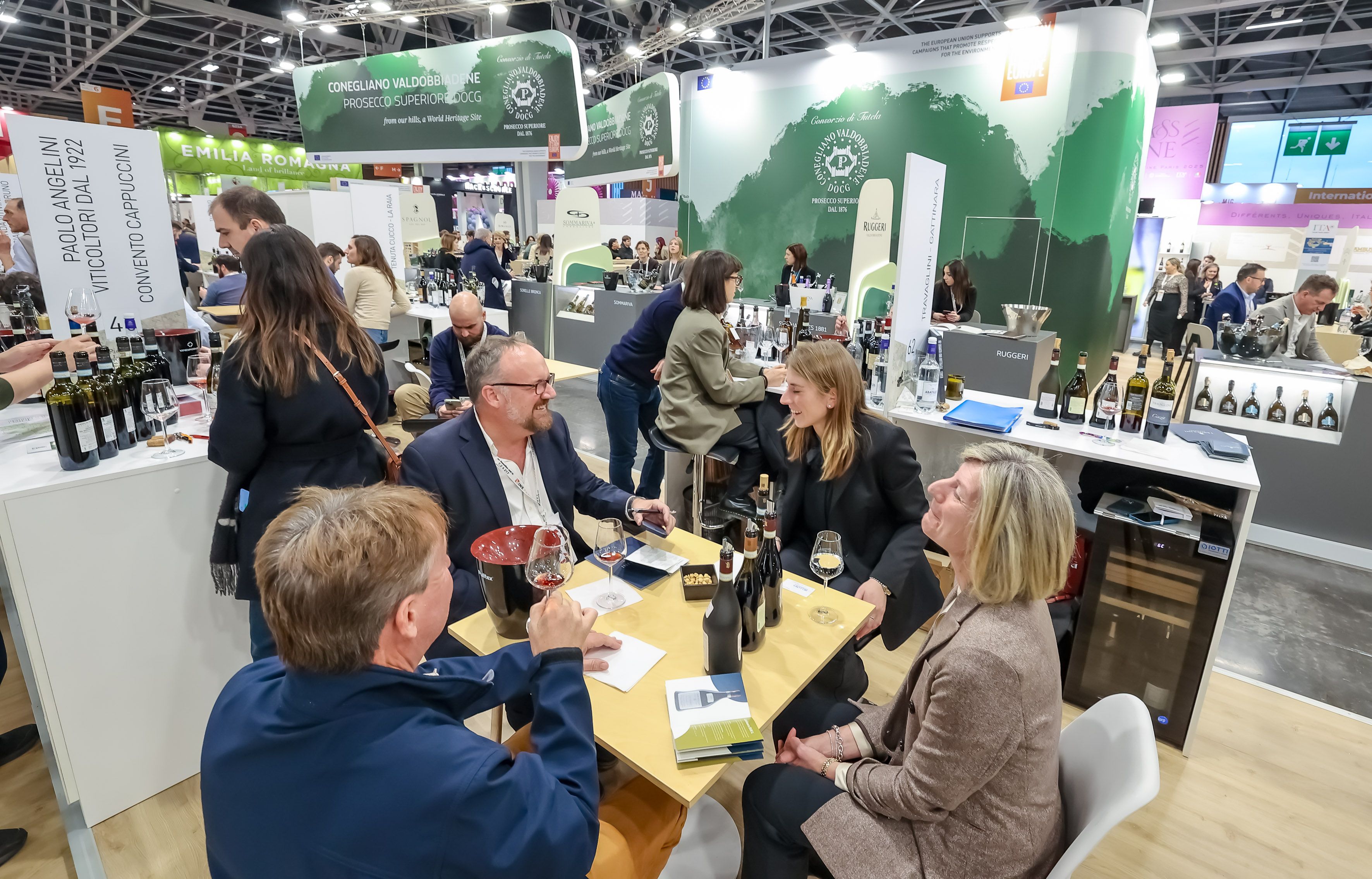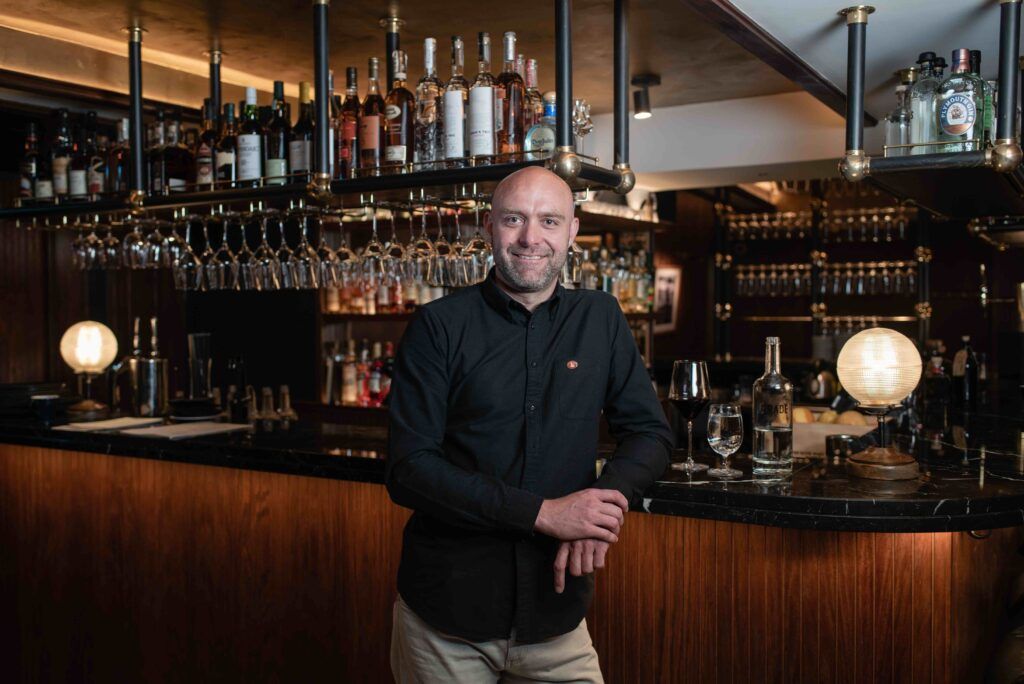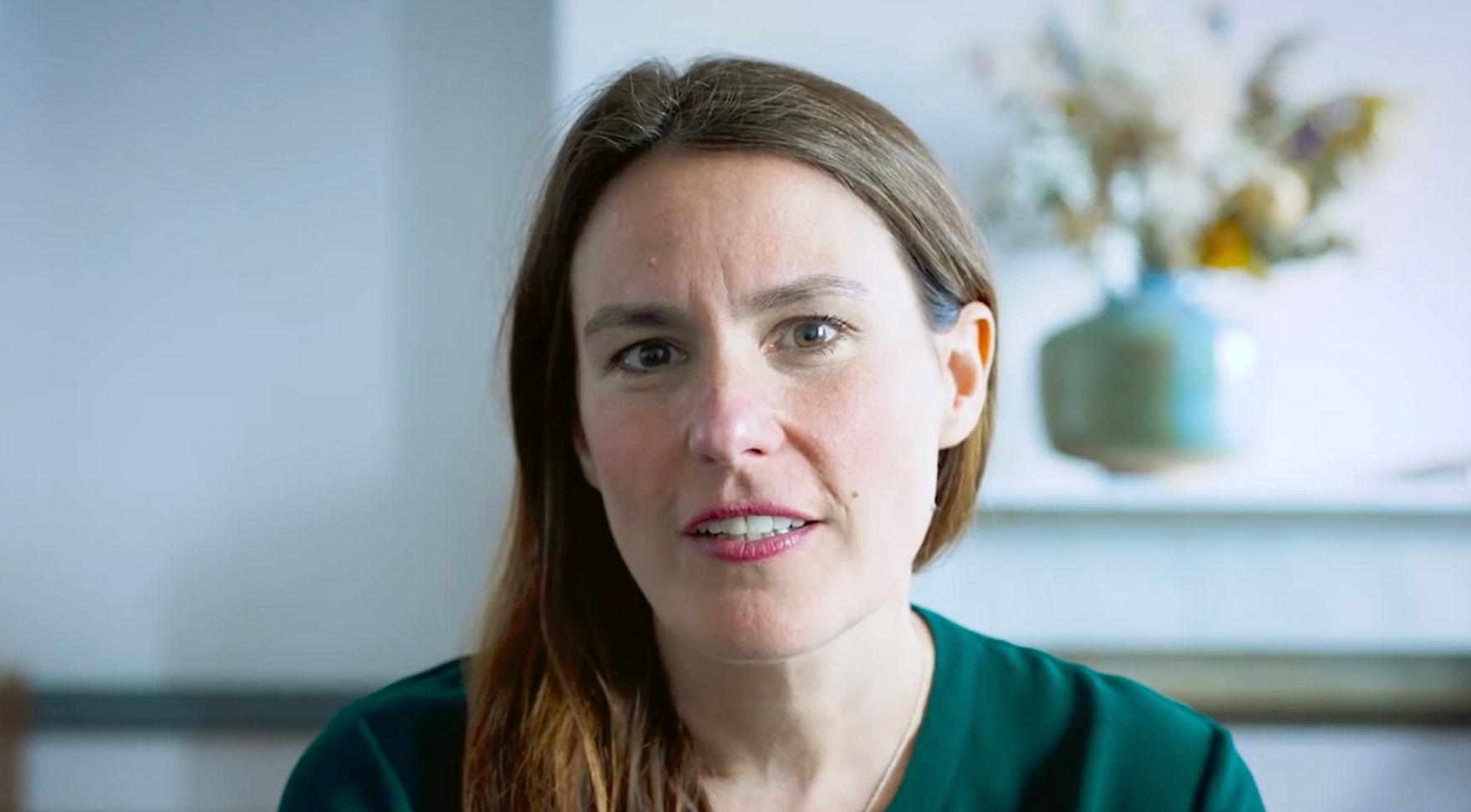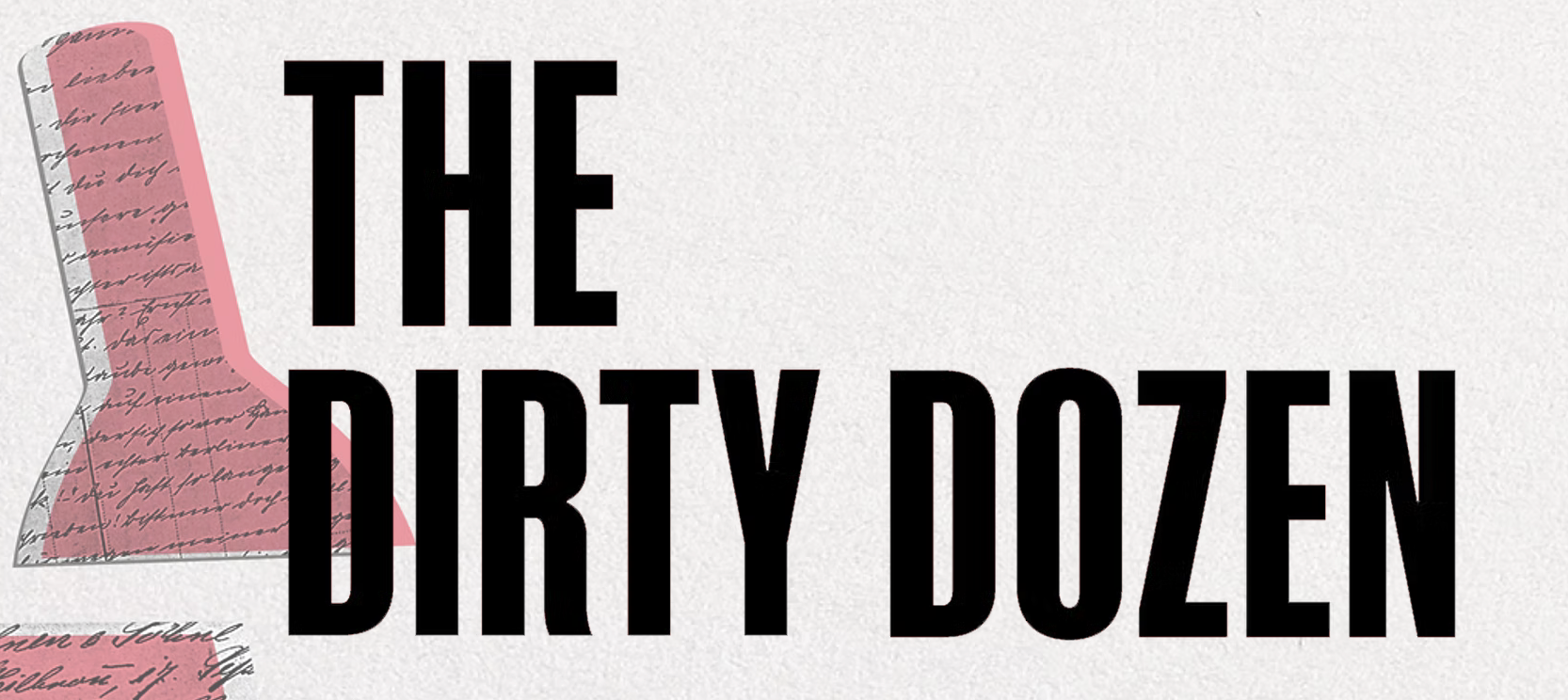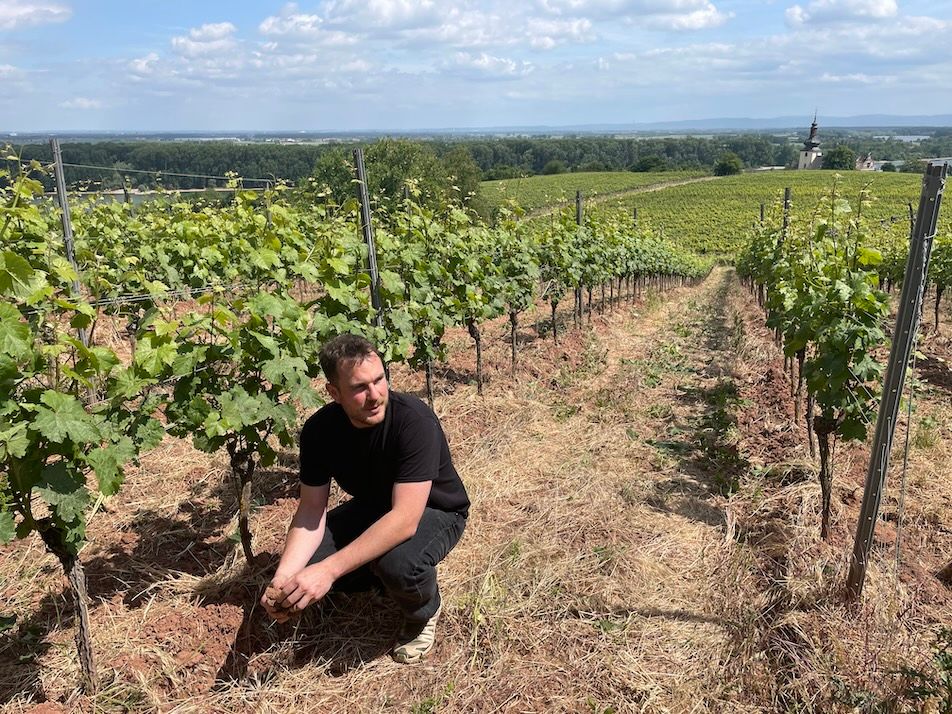“Boutique bulk is all about searching out and bringing in things that are not run of the mill,” says Lanchester Wines‘ sales director Mark Roberts. It’s also giving the company the choice of more interesting wines, and different packaging, to offer to a wider range of customers, including the mainstream and premium on-trade.
There are times when it feels like there are two UK wine industries working in parallel to each other. One is very much above the surface, the other is working away, just as successfully, under the radar.
So just as there are the well known, famous names of the wine sector, including the major wine merchants and national distributors from Berry Bros & Rudd, to Enotria & Coe, Liberty and Bibendum et al, there are other major wine businesses that prefer to go about their business far more quietly, but just as effectively.
None more so than the Lanchester Group which is very much the sum of its many parts. A business that last year announced record turnover of £91.7m, up from £84.6m for the year to June 2019 and employs some 550 people, most of them at its base just outside Durham.
It’s also a family business very much in the mould of its owners, Tony and Veronica Cleary. A company hardwired to the needs of the wine industry as it is part service provider, thanks to its state-of-the-art bottling business, Greencroft Bottling, and part wine supplier, with its growing Lanchester Wines brand.

Family principles are very much at the heart of what Tony, and his wife, Veronica Cleary, have built right across all elements of their Lanchester Group
But what sets the Lanchester Group apart from so many others in the industry is its ability to keep one step ahead by focusing on relentless innovation, partly through its award-winning focus on sustainability but also by keeping a keen eye on the latest trends.
Boutique bulk
A significant player in the bulk market, Lanchester Wines has identified a space for innovation in that sector, trademarking the term “boutique bulk” to create a new category for wines it is making from smaller volumes, parcels of bulk wine that have more of a story behind them and can therefore potentially command higher prices.
It means looking at bulk wine in a different way, says Lanchester Wines’ sales director, Mark Roberts. So rather than have a price first approach, the group is far more focused on availability and being able to identify producers willing to work with them on one-off projects with a particular variety or single plot of vines.
“It’s a change of perception around bulk wine,” says Roberts.
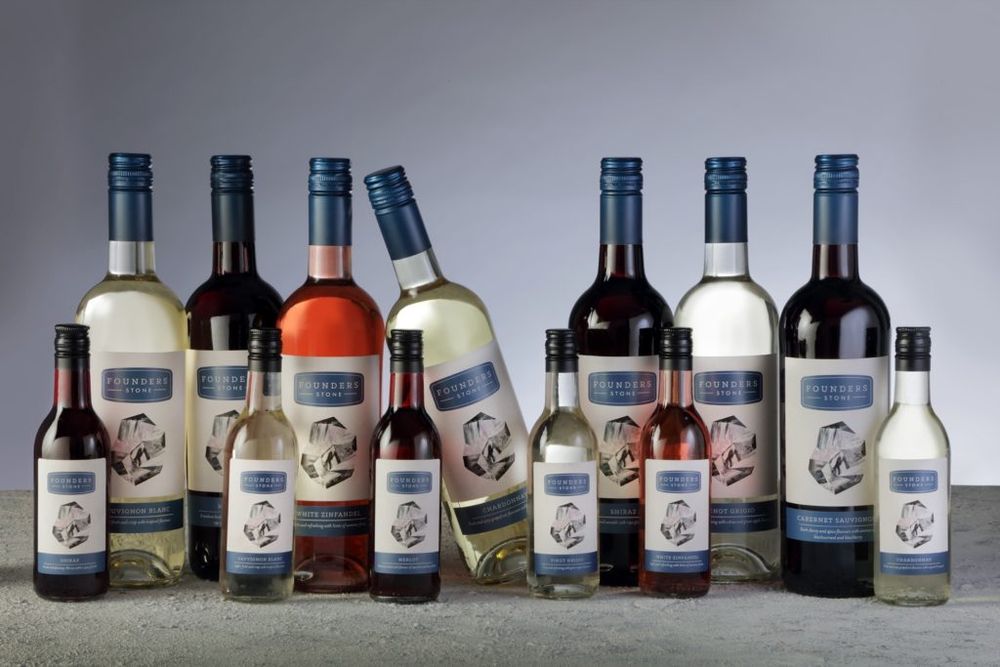
The Founders range is a good example of what Lanchester is able to do with more premium bulk wine
It’s why Roberts and head buyer, Lesley Cook, were at last November’s World Bulk Wine Exhibition with a very different shopping list than they might have had five years ago.
Lanchester Group’s commitment to sustainability means its future is embedded with the fortunes of the bulk wine market: if you are looking to operate a sustainable wine business, then you simply have to be sourcing more bulk wine, as the two go hand in hand, stresses Roberts.
“It is vastly more sustainable to bring wine over from a producing country in a larger format. It’s also better for the wine’s quality. There have been so many advances in logistics, shipping, packing and bottling techniques that have really helped the overall quality and appeal of bulk wine.”
“Boutique bulk is all about searching out and bringing in things that are not run of the mill,” says Roberts. Which for Roberts and Cook means working with both existing wine partners and finding new ones to source interesting new wines, like a red made from a single vineyard, high altitude Malbec from Calingasta in Argentina or a Shiraz Viognier from Australia.
“These are all premium tier wines from very on-trend areas” says Roberts.
“Bulk wine also gives you as a wine service provider so many more different options to play with and offer your customers”, he explains, “it gives you flexibility, and means you can be even more relevant to your customers’ needs. That’s the key”.
Flexibility is key
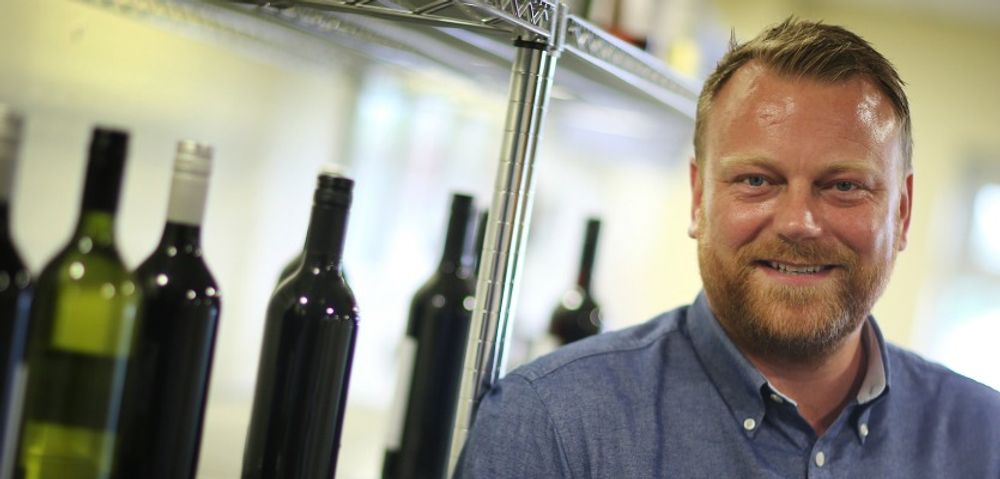
Mark Roberts: boutique bulk is allowing Lanchester to work with so many different producers to offer new wines to its customers
“From one container of bulk wine you can now produce so many different formats for a wide range of customers. It might be small format sizes for an airline, it could be a separate private label for a pub chain, or specialist retailer. Each can have their own point of difference, and be sold at a wide range of prices, all from the same shipment.”
“It also adds so many more routes to market,” he adds, such as providing wine for sporting events or music festivals, all of which are now increasingly looking at the carbon footprint of the products they have for sale.Last year, Glastonbury banned all plastics from the festival site.
Lanchester Wines is perfectly positioned to take advantage of the canning line opened by its sister business, Greencroft Bottling. The new facility – the first in the UK dedicated to wine – was installed late last year and will soon add convenience-friendly 187ml sizes, to the 200ml and 250ml formats already in use.
“The focus on boutique bulk means we can work with customers on different packaging formats from bottles to cans, bag in box or PET, according to their individual requirements”, says Roberts.

Another boutique brand from Lanchester
Thought leader
The constant innovation is all part of what Cleary describes as an “aspiration” to be “a thought leader and sharer of best practice”. He explains: “As a privately owned, family business we are in a largely unique position which enables us to experiment and take risks in order to find new solutions. We want others to emulate, and ultimately share, our successes and we believe what is good for the environment is also good for us all.”
It’s why the handling, bottling, distributing and selling of bulk wine is at the core of its wine strategy. Shifting huge volumes of wine around the world might not be at the romantic end of the wine sector, but it’s at the most cutting edge.
It’s inspired Lanchester Group to become the first company in the UK to develop a process that takes water sitting in disused coal mines to heat its Gateshead warehouses – making this the largest working water heat pump system of its kind in Europe. It creates energy for its main plant in County Durham through its own on-site wind turbines and solar array, with surplus power sold into the national grid.
Sustainable suppliers
Its commitment to running a fully sustainable business, also now stretches to what it expects from its own supplier base. Including the wine producers and winemakers it is prepared to work with, says Roberts.
“We are spending as much time as we can working on sustainability partnerships with our bulk wine partners. We are looking for them to sign contracts with us that show they are working with accredited schemes in their respective countries,” he explains.
Which means taking a close look at each supplier it works with “from source to bottle” including all its logistics partners like Hillebrand. “It all fits in with our bigger company strategy,” he adds.
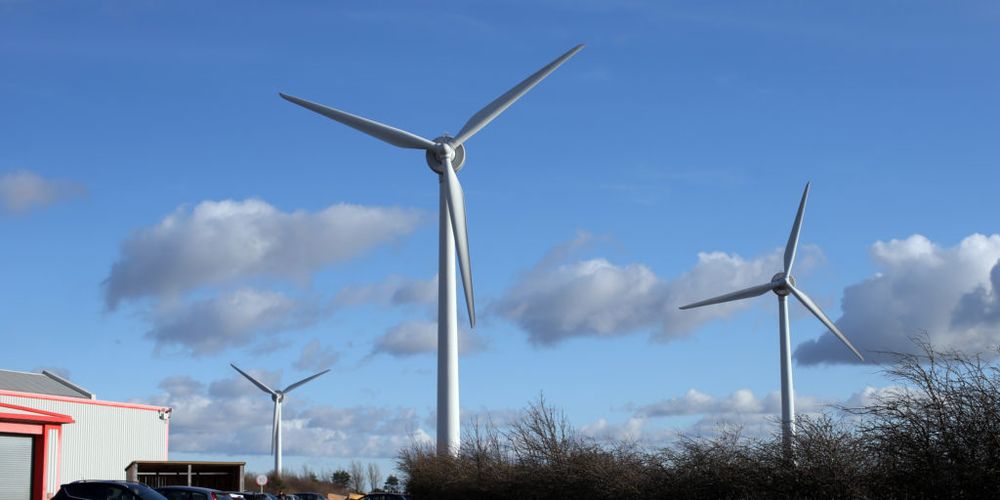
Running a carbon neutral business is what drives every business decision at Lanchester Group and Lanchester Wines
It brings a whole new dimension to its usual negotiation and contract conversations with its suppliers, but Roberts says it is the right thing for it to do and it is not afraid to “massively push back” on suppliers to ensure they are playing their part.
It is also committed, he stresses, to investing the time and money to ensure its supply chain is as sustainable as possible. Which means, if need be, going out to audit the vineyards from where it is sourcing its wine and also assessing the working practices and overall environmental standards of its suppliers.
“We want to make sure we have integrity with all the wines we supply,” says Roberts.
Consultancy role
Such are the measures that the Lanchester Group has gone to that it is now in a position to consult and advise other companies, across different sectors.
Although it is clearly proud of the steps it has already taken, Roberts says it is not out to just win plaudits and pick up green awards, it is also what the wider industry expects. Particularly the major retailers and on-trade operators it wants to work with.
“We are seeing with all our major retail customers that sustainability is being pushed up their agenda. It’s really exciting to see.”
In such a competitive market, being able to find new ways to widen your customer base, innovating with “boutique bulk”, whilst also offering increasingly interesting and also sustainable wines, means the Lanchester Group is going to struggle to keep operating quietly under the radar for very much longer.
